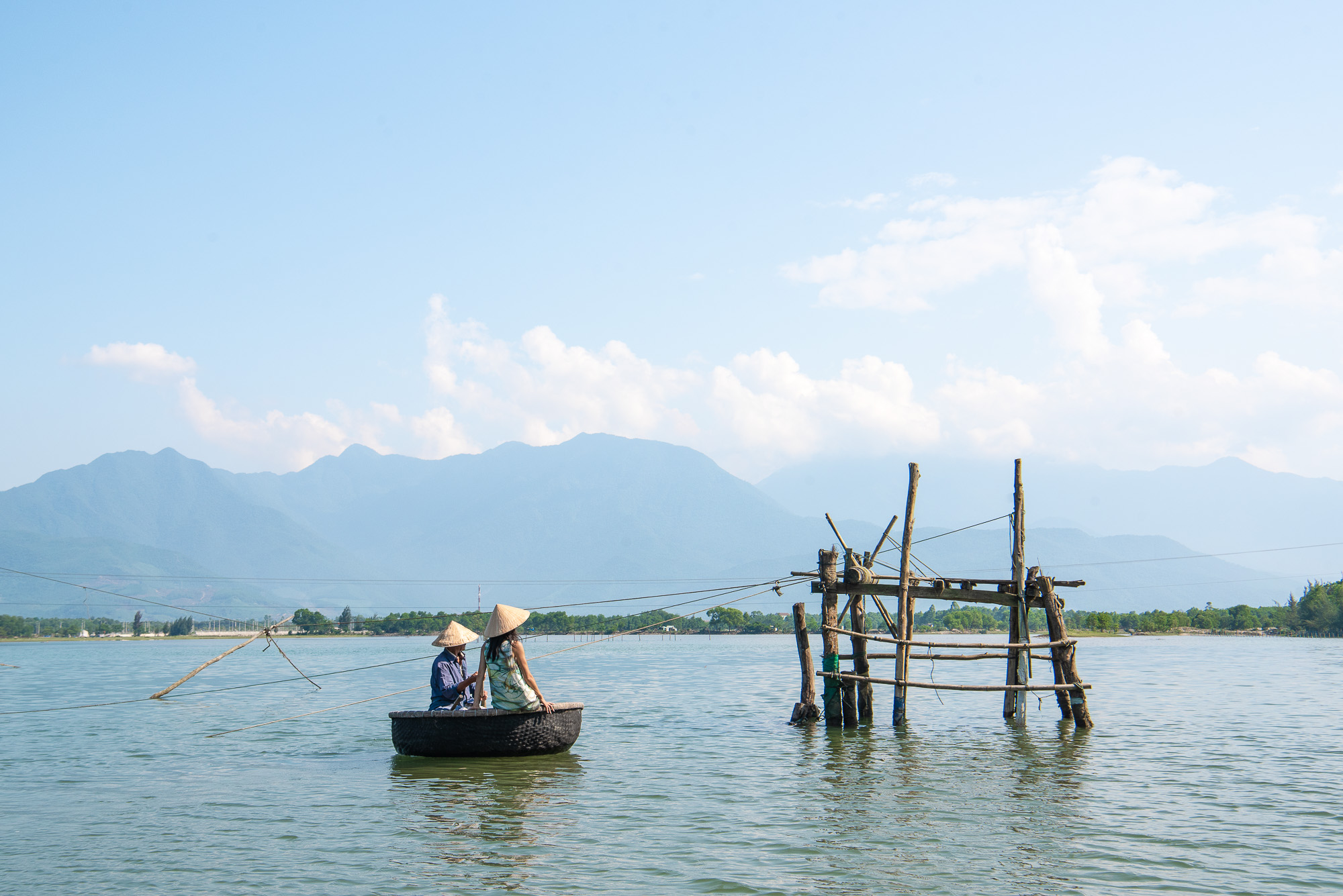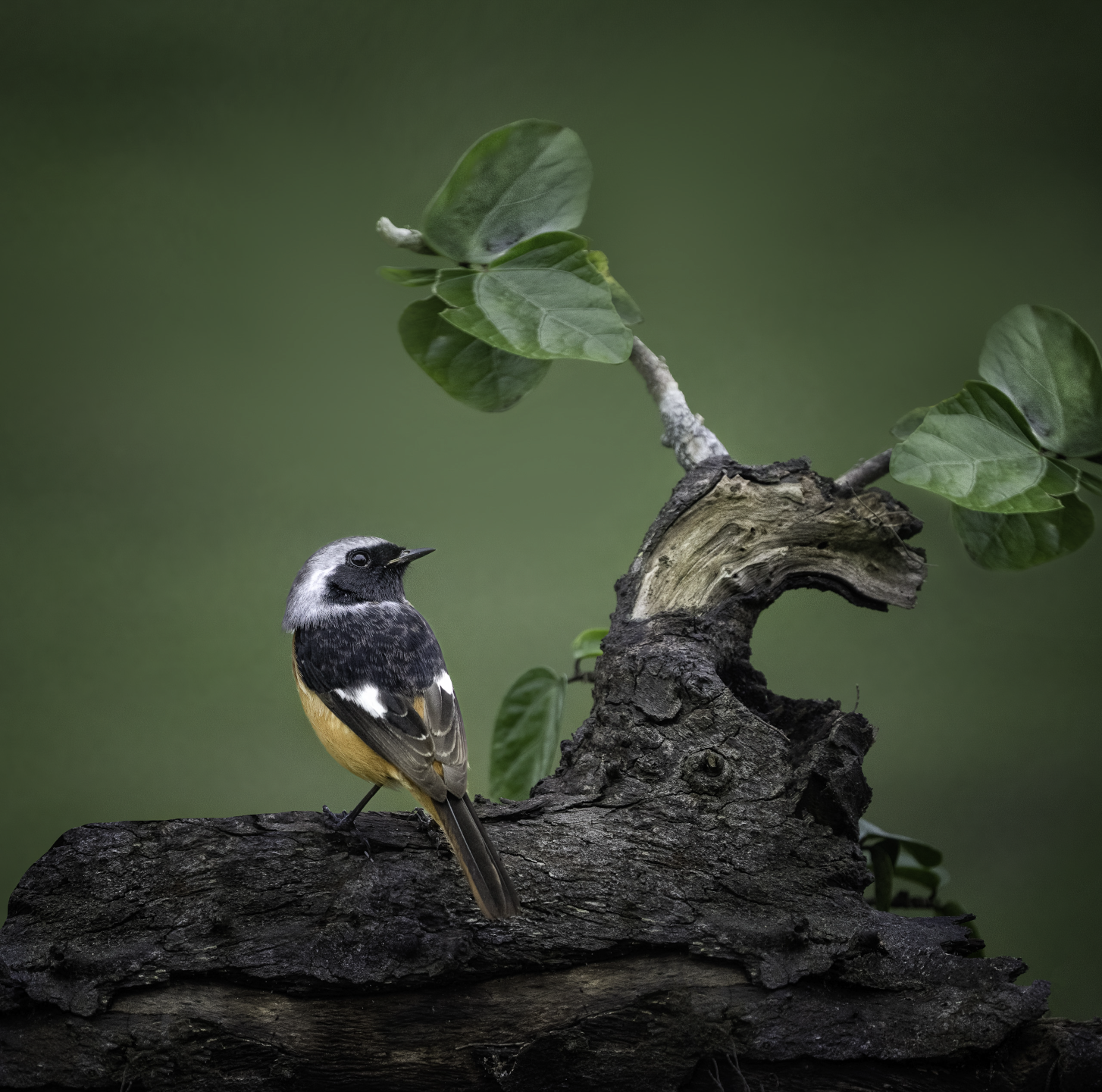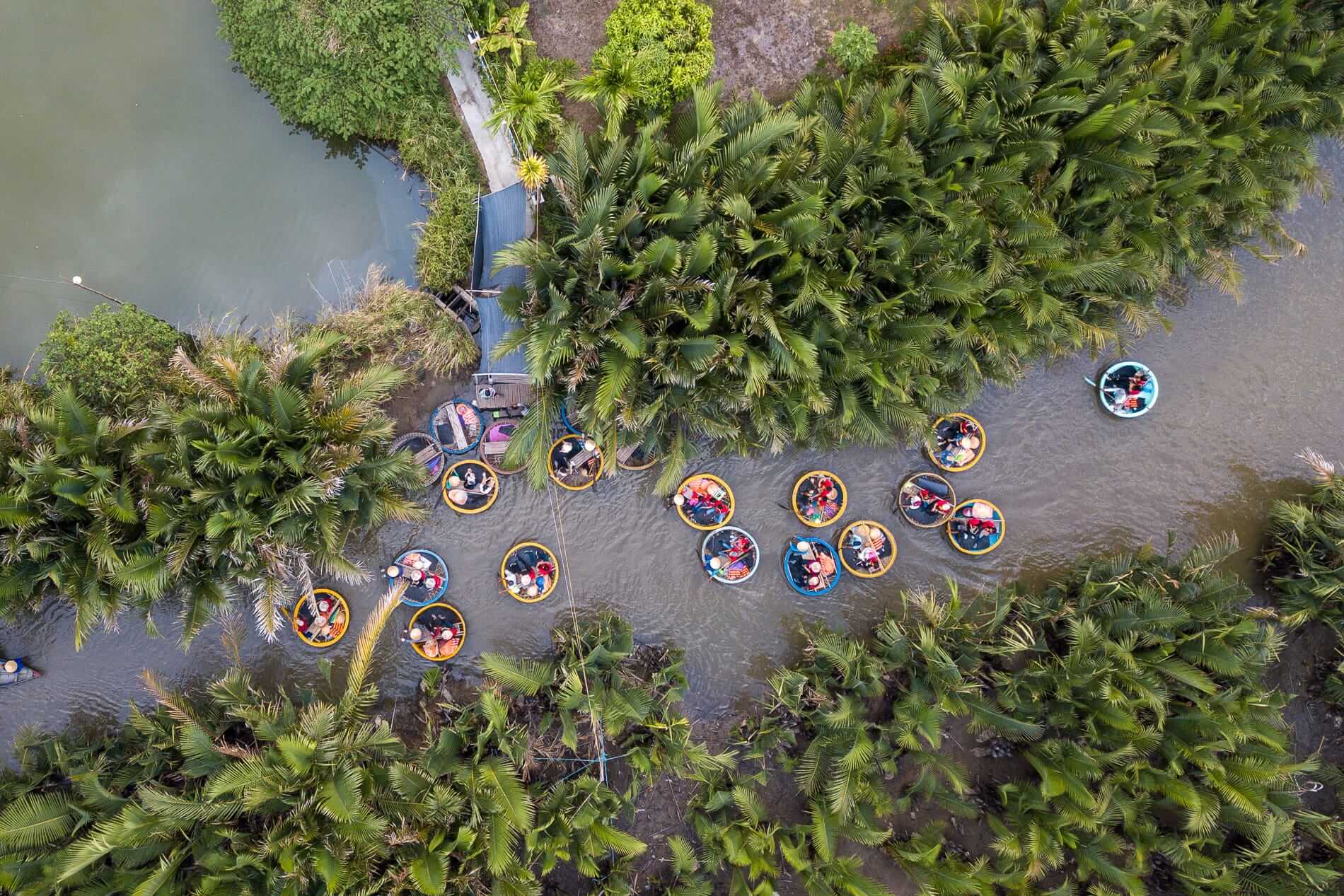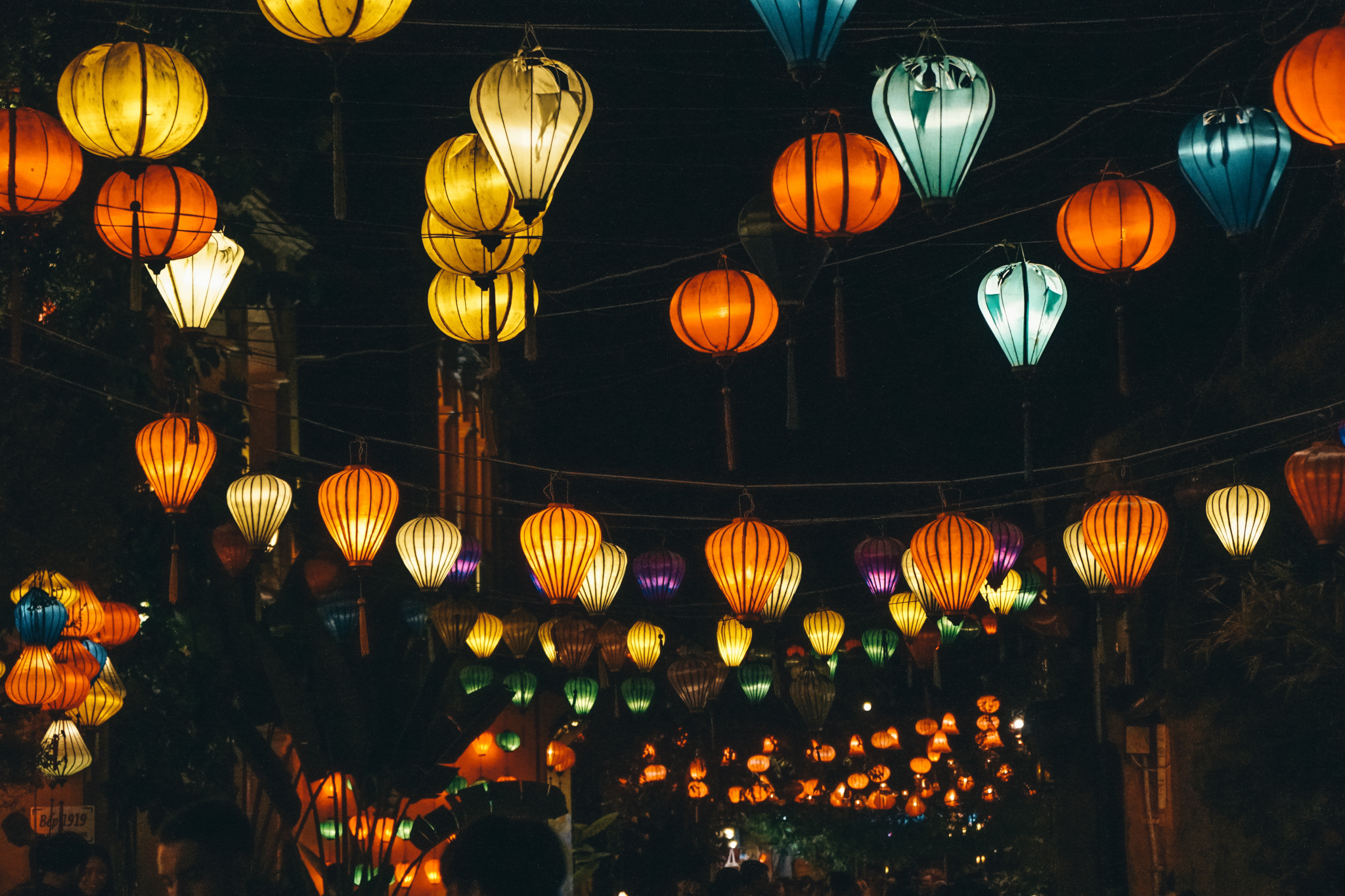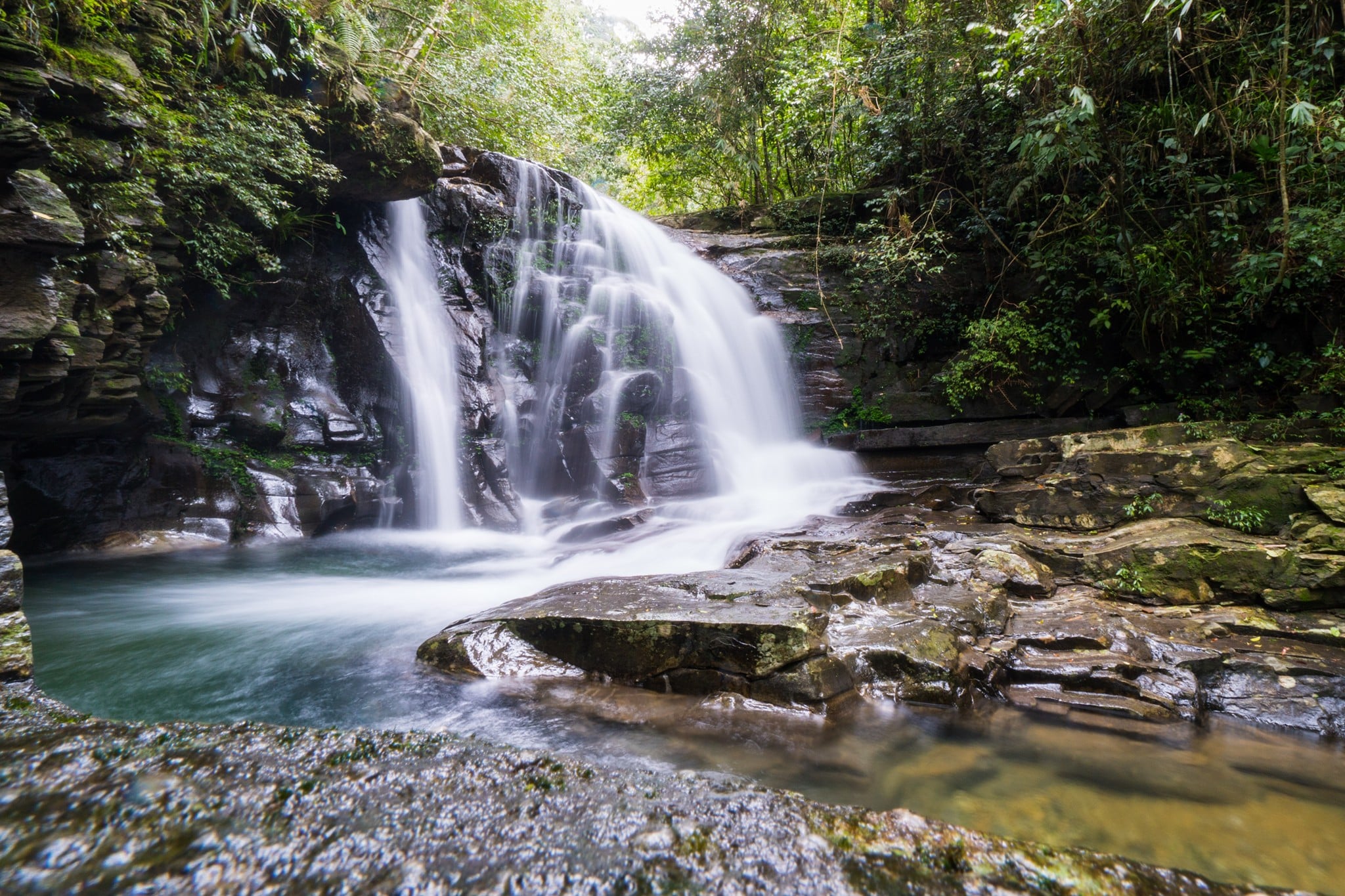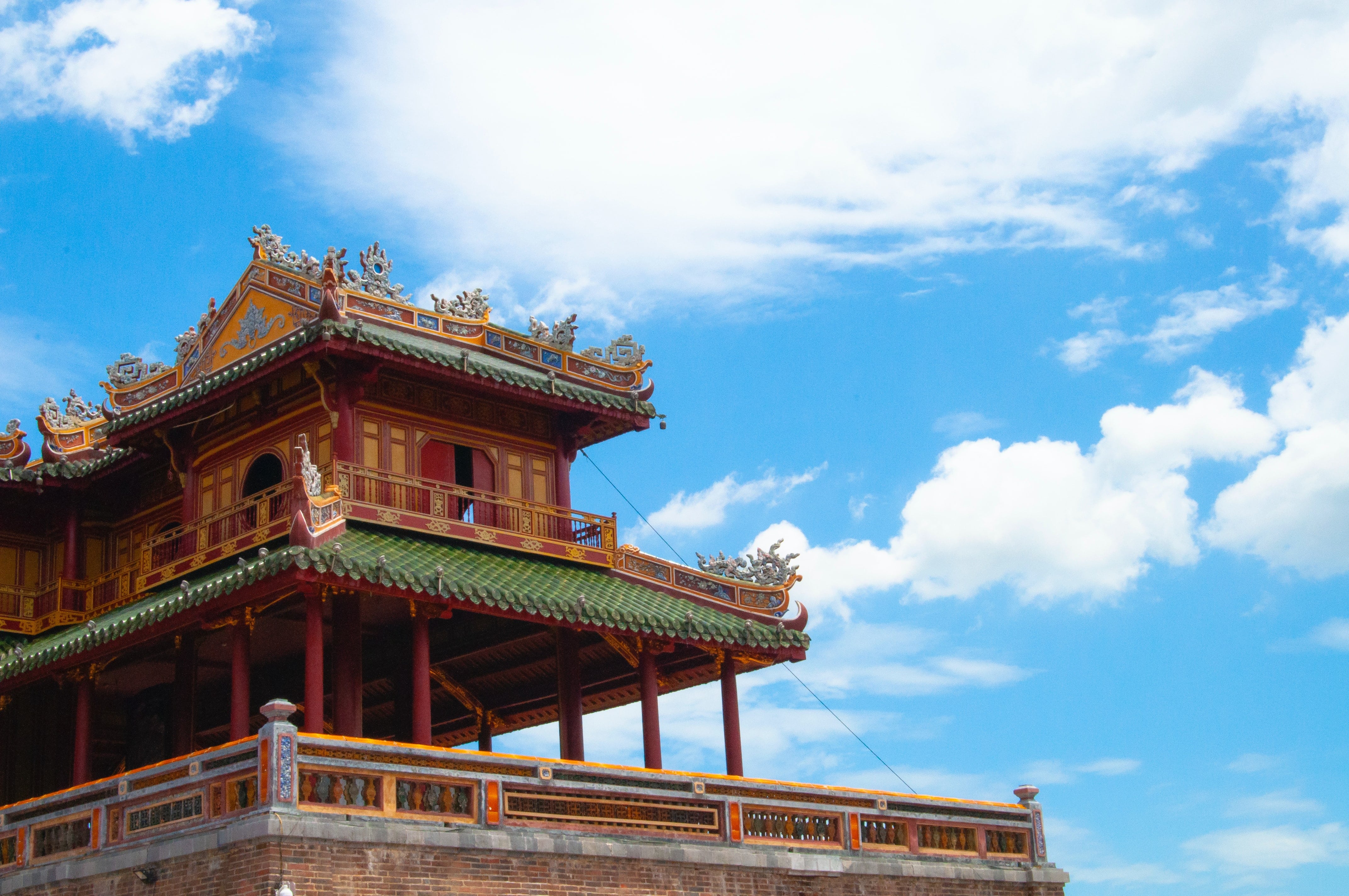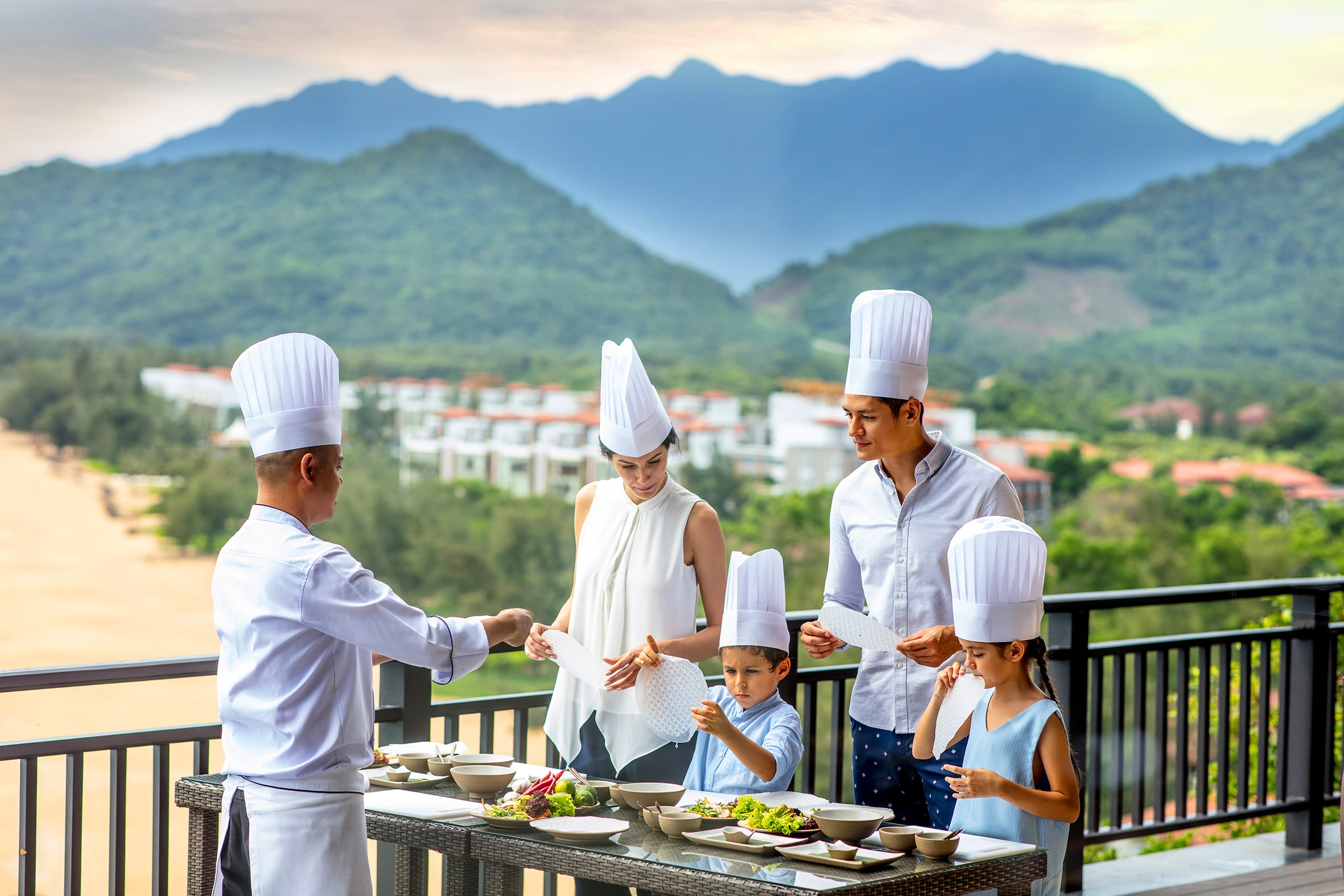101 Things to Do in Lang Co, Vietnam
Angsana Lang Co
Dive into local culture and nature
Whether it’s the rich local culture or natural environments, explore the best that Lang Co’s vicinity has to offer.
Biodiversity for Family
Offering opportunities to watch the wild birds in their natural habitat and learn about the importance of biological diversity, our “Biodiversity for Family” program aims to reconnect you and your loved ones with Mother Nature and inspire our little guests to respect biodiversity and the natural world around them.
Float on Traditional Basket Boats
Take a ride in an iconic round “basket boat” (also known as thung chai or thuyen thung) when you head down south to Lap An Lagoon and Hoi An.
These coracles are believed to have been “born out of ingenuity during the French colonial era” when “the French levied taxes on boats” and the poor fishermen responded by weaving large circular waterproof baskets that “happened to also function as boats”. Made with young bamboo, these lightweight craft are steered using a gentle back-and-forth arcing motion to avoid spinning in circles.
Customise a Traditional Silk Lantern
Centuries ago, Chinese merchants brought silk lanterns to Vietnam, and locals have since stamped them with their own cultural influences. Wood has been swapped for bamboo, red for a plethora of colours, and the standard hexagonal shape for a range of vibrant modifications – the most popular of which resembles a garlic bulb.
The myriad of handicraft stores and workshops in Hoi An cater to all kinds of visitors, whether to make lanterns from scratch, or simply apply the desired fabric over a pre-made frame. Different colours carry different meanings – red for luck, blue for hope, purple for nostalgia, and so on.
Go on Safari at Bach Ma
Bach Ma National Park a 220 sq km conservation area straddling the biogeographical border between north and south Vietnam, rich in natural scenery and biodiversity. It is home to over 130 mammal species and 1,400 varieties of plants (including some rare orchids).
Plan a trek for just a half or full day, or even spread across two days and one night at one of the park’s villas. Take in views at the 1,450m-high Hai Vong Dai observation post, explore Ngu Ho’s stunning lakes and waterfalls, visit Truc Lam Bach Ma Zen Monastery, and bathe in the Do Quyen Waterfall.
Discover Architectural Marvels
Located on Chau Chu Mountain, the mausoleum (or Ung Lang) of Vietnam’s penultimate emperor Khai Dinh of the Nguyen Dynasty is one of Hue’s key attractions. Combining both Eastern and Western style architecture, and the tomb’s décor is believed to have involved a complicated glue made from leaves, oyster shells, honey and limestone.
Nearby, the UNESCO World Heritage Site of the Hue Imperial Citadel boasts elaborate, intricate details and fine handiwork using foreign and traditional materials such as wrought iron, steel, concrete, glass and porcelain. It marries geomancy and mythological symbolism with Roman and Gothic styling.
Cook Hue Cuisine
Learn to cook at Thuy Bieu Village, an ancient riverside village where the food is distinctive as many dishes are influenced by royal recipes from the past. Peanut-based sauces are ubiquitous, for one thing. Bún bò Huế is a heavier, spicier, more offal-friendly beef vermicelli dish than the regular beef pho, and bánh khoái is believed to be the original savoury Vietnamese pancake (as opposed to the more commonly known bánh xèo).
If you prefer to stay within your accommodation, Angsana Lang Co also offers cooking classes of favourites like spring rolls and bún bò Huế.
For more information, please contact
- reservations-langco@angsana.com
- +84 234 3695 800
